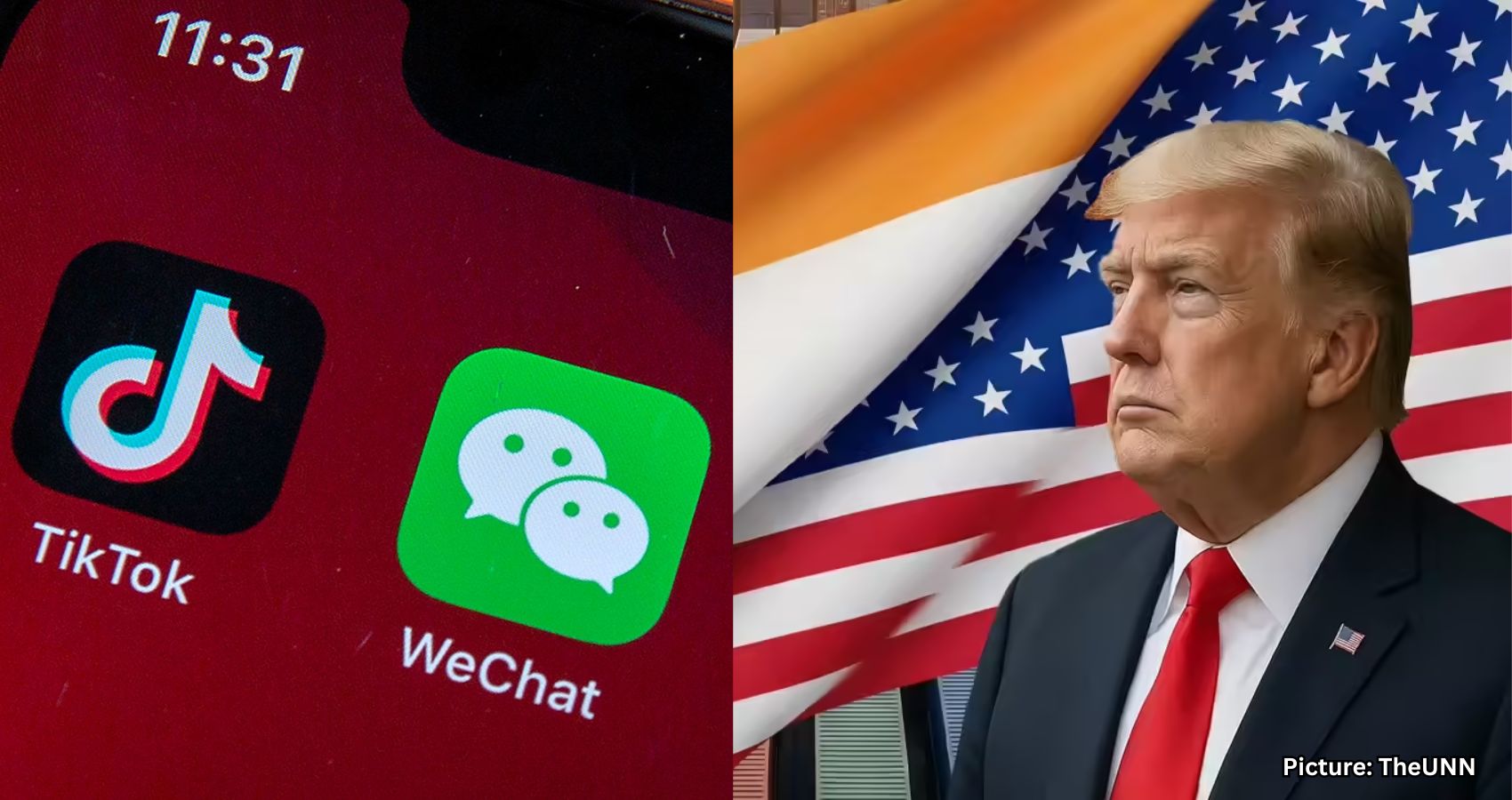Harsh Goenka and Sridhar Vembu have raised concerns over a potential ban on U.S. tech platforms in India, urging a shift towards self-reliance in technology.
RPG Group Chairman Harsh Goenka has expressed alarm regarding reports that U.S. President Donald Trump may consider blocking India’s access to major American tech platforms, including X, Google, and Instagram. Goenka warned of the potential consequences of such a ban and encouraged users to explore alternative platforms.
In a post on the social media platform X, Goenka stated, “Imagine if Trump bans India from using US tech platforms—no X, Google, Instagram, Facebook, or ChatGPT. Frightening, no? Just think about the consequences seriously and what could be Plan B for us.”
Joining Goenka in his concerns, Zoho founder Sridhar Vembu emphasized the importance of addressing India’s reliance on foreign technology. He advocated for a National Mission for Tech Resilience to tackle the country’s deep-rooted dependence on external tech solutions.
Vembu commented, “I agree. And we have a lot more such tech dependency beyond the app level: OS, chips, fabs… it goes deeper and deeper. We need a 10-year ‘National Mission for Tech Resilience.’ It can be done.” His remarks come at a time when India is increasingly promoting its own homegrown digital ecosystem.
Platforms developed by Vembu’s company, such as Arrattai—positioned as a local alternative to WhatsApp—and Zoho Mail, which competes with Gmail, have recently gained popularity in India. This trend reflects a growing user interest in domestic tech solutions.
In support of India’s homegrown technology sector, Union Home Minister Amit Shah and several cabinet members have adopted Zoho Mail for official use, signaling the government’s endorsement of domestic digital platforms.
Building on the success of Arrattai, Zoho launched Vani on October 1, 2025. This intelligent visual collaboration platform is designed to transform how remote and hybrid teams plan, collaborate, and execute projects within a unified workspace, positioning it as a strong competitor to Google Workspace.
Goenka’s post has sparked a lively discussion on social media, with users debating the feasibility and potential of developing Indian alternatives to dominant global tech platforms. One user remarked, “Waiting for the day when US tech companies start worrying about attracting top talent from India. The day it happens we will have real independence. As you pointed out, this problem cannot be looked at in isolation. Supply chain dependencies are higher than automotive and pharma.”
Another user suggested, “A consortium of private companies can work for this. Help colleges, R&D labs, etc. A lot of youth would love to stay close to families, and with connectivity, help make it a reality.”
Conversely, some users expressed skepticism about the likelihood of a ban. One user stated, “I highly doubt this would ever happen, not in the next 10 years. Trump’s a businessman, not a fool to cut off America’s biggest tech market—India. India is the largest or second-largest market for nearly every U.S. tech giant. Tech independence is good, but this reasoning isn’t,” as quoted by Mint.
Indian leaders are clearly signaling a push toward self-reliance in the digital space, championing homegrown platforms like Zoho Mail, Arrattai, and Vani as viable alternatives to global giants. Meanwhile, users are actively engaging in the conversation online, with some expressing optimism about adopting domestic tech, while others debate its scalability and readiness.
Source: Original article

